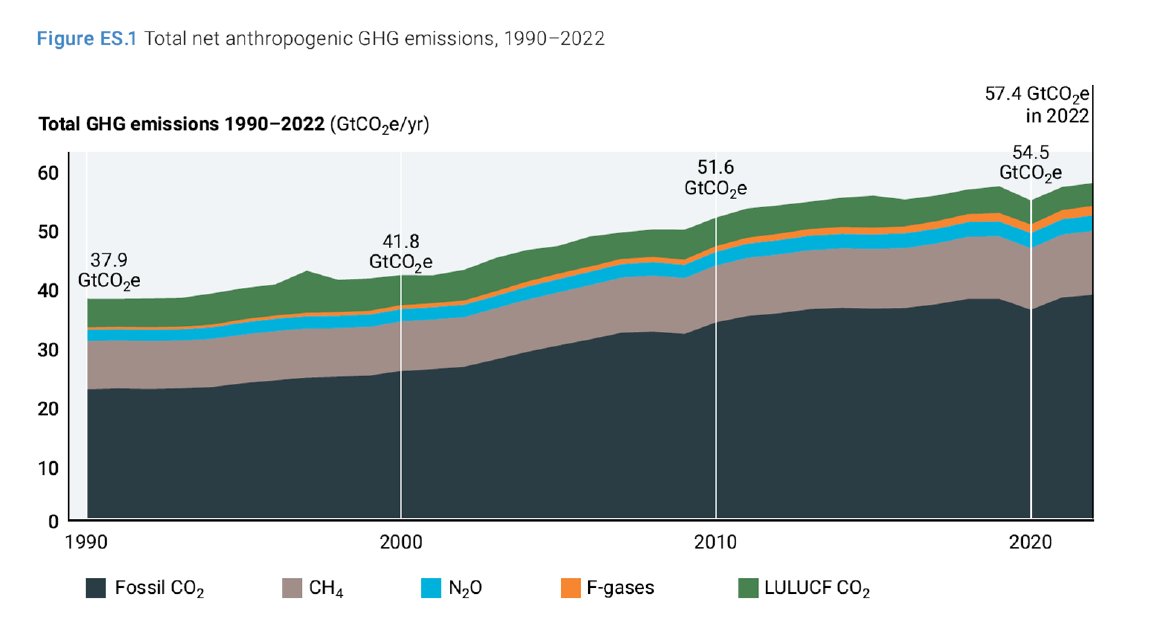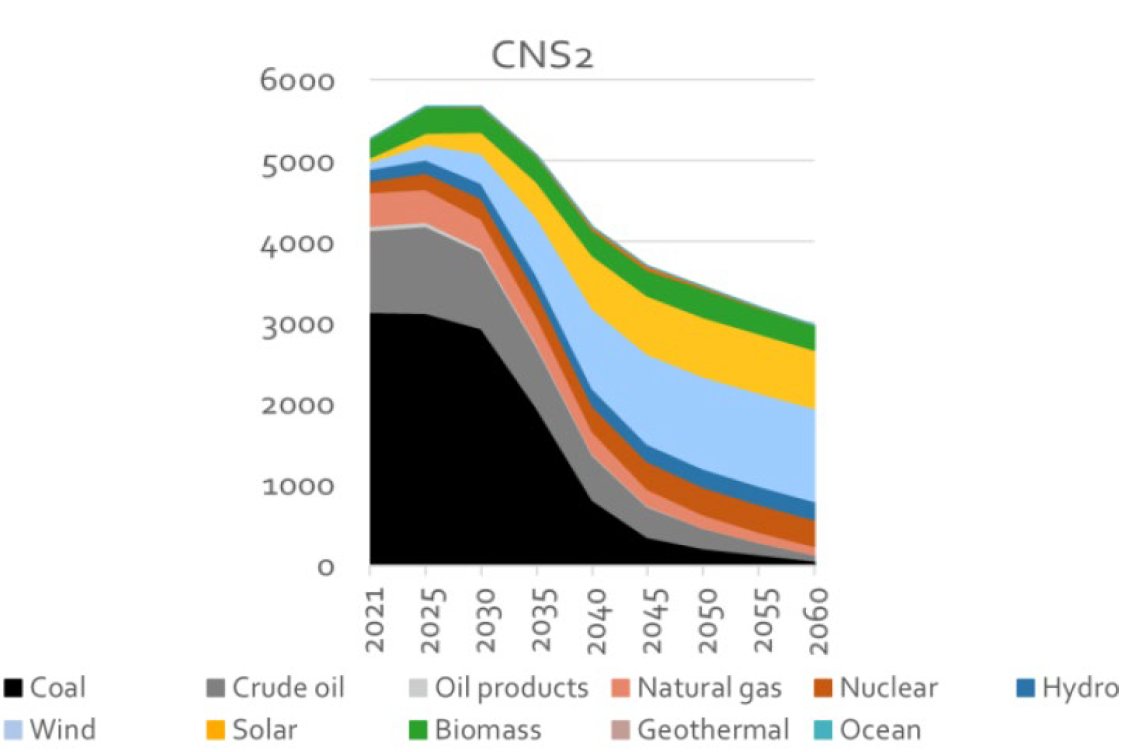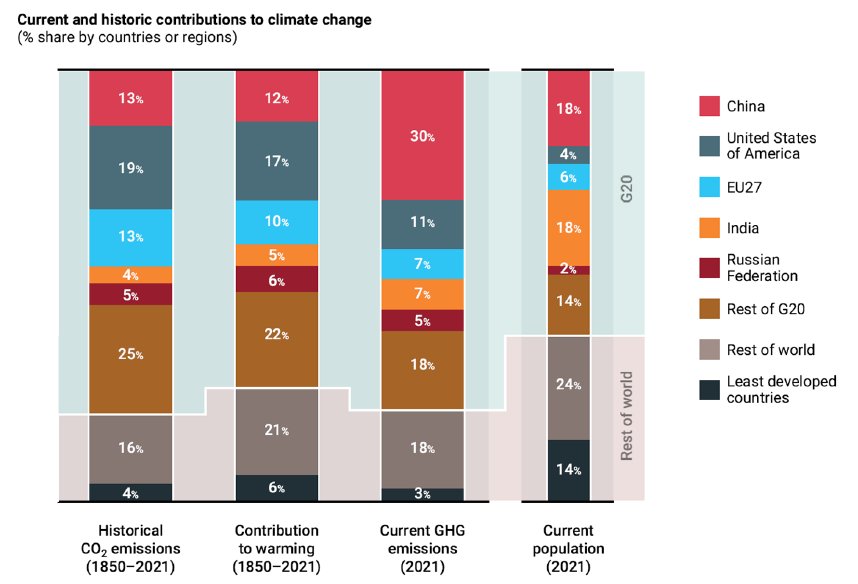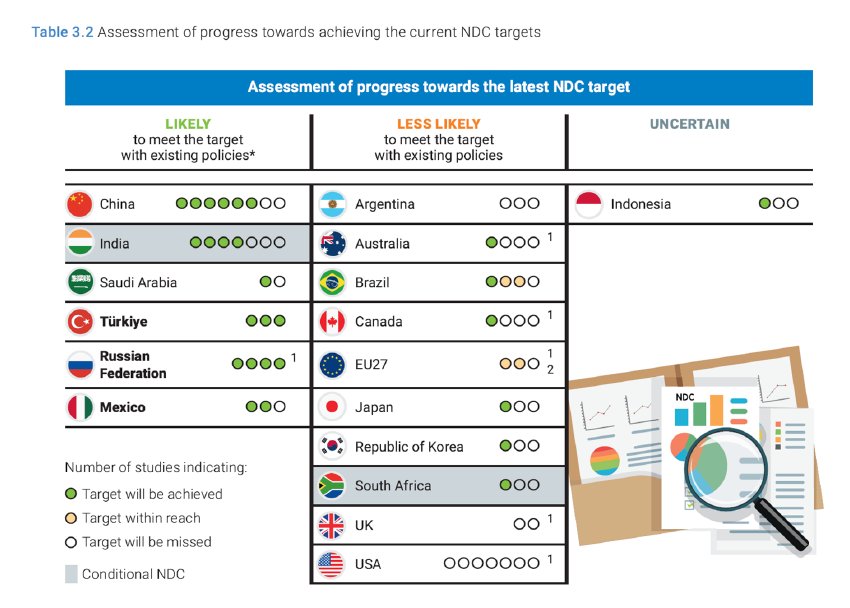The green China policy must be readjusted!The triad of partner — competitor — rival is a dead end for the climate A contribution to the discussion by Jürgen Kurz, KV MYK With the US election in 2024 at the latest, it will be time to rethink the green China policy. The world will reorganize itself, the western orientation and simultaneous demarcation from China does not seem to be economically expedient for green politics and is simply wrong with regard to climate policy needs! This article is intended to provide the necessary facts and initiate an urgently needed new discussion within Alliance 90/The Greens on how to deal with China. I am aware that the majority of the party and especially the actors at the top currently see this differently, but the concern about climate change alone means that this discussion is unavoidable! Misjudgments in the China StrategyIn the German government's China strategy, which was strongly influenced by Green representatives in the government, the People's Republic of China is described as a partner, competitor and rival in equal measure. The authors explicitly speak of systemic rivalry. Systemic rivalry, what is that?The text states:
Are these statements substantially justified? International Order:This accusation has been circulating in the media for some time. We have not described any concrete indications of where China has different ideas about the world order that are unacceptable from a green perspective. China is committed, among other things, to a multipolar world in which every state, regardless of its size, has equal voting rights in the UN and in particular the countries of the "South" are involved in international bodies. A green position. It is therefore unclear why these ideas should be aligned with the interests of the Chinese one-party system (there are eight other parties in China besides the CCP). It should also be self-evident that the world's second-largest country with 1.4 billion inhabitants (around a fifth of the world's population) has a special responsibility to the global community. Bad relations in the neighborhood?It is true that China is the elephant in the room when it comes to Asian relations. No other country in Asia has experienced comparable development in recent years. Of course, China dominates the relationship economically. But that alone is not a problem, because all countries benefit from it, not just in Asia, but all countries, including Europe, the USA and others. The peoples of Asia successfully freed themselves from colonialism in the last century. A number of arbitrary border demarcations remain as a legacy of colonialism, and Asian countries have been sorting this out among themselves bit by bit for decades. China, as the largest player in this region alongside India, therefore had to resolve the most open questions. Since the 1980s, China has concluded 17 agreements with its neighbouring countries, successfully and peacefully resolving border conflicts. Border conflicts with India still exist, but have since been defused. Only recently have China and India recognised their different interests and assured each other that they will not allow hostilities to arise. Chinese-Indian relations have naturally been very complex for decades. Differences remain with Japan and the Philippines, both countries that provide bases to the American armed forces. China sees this as a threat. In addition, on January 1, 2022, China founded the RCEP (Regional Comprehensive Economic Partnership) with a total of 15 countries in this region. It is the largest free trade zone in the world with around 2.2 billion people. India was involved in the talks beforehand, withdrew in 2019 and is now considering joining. In view of these facts, it is difficult to speak of bad neighbourly relations. The German government sees China's increased cooperation with Russia as an immediate security threat. Numerous countries in the South, especially India, have significantly expanded their trade relations with Russia since the beginning of the Ukraine war. It is unclear why only China should be a threat and not others. High military spending?
This statement creates the impression that China poses a military threat to Germany or Europe. This sentence also serves as a justification for the idea of rivalry. It fails to mention that the EU states that belong to NATO spent around USD 363 billion on their defense in 2023, while China "only" spent USD 296 billion and has spent a relatively constant 1.5% of its economic output on the military for years. This number is naturally high, but objectively cannot be used as a justification for growing rivalry. Do the Greens take their own climate protection program seriously?The human crisis caused by anthropogenic climate change is taking on ever more threatening forms. Trumpism will not change this, on the contrary. The climate target of below 1 degree, which was described as acceptable years ago, has long since become obsolete. Today's world is struggling with the effects of what was considered a reasonable target of 1.5 degrees. But that has already been exceeded. The reality is that by 2023 the CO2 concentration in the atmosphere will have risen to over 425 ppm. According to calculations by international scientists, people can lead a reasonably tolerable life with a limit of less than 350 ppm. The warming of the earth has already progressed so far that it can no longer be brought under control with any political measures used today. Not even with the proposals we have put forward in the traffic light government! However, in order to enable a humane future on the planet, a reduction in CO2 in the earth's atmosphere is imperative! This means that we must not only stop any additional input of CO2 on a global level, but at the same time remove the CO2 that has already been released from the atmosphere. In order to continue to enable human life in the medium and long term, large amounts of CO2 must be removed from the atmosphere. Science tells us that in the relatively short term this will be around 300 Gt. The technologies available today are not yet sufficient for this. Who can be the global partner in this task? What do the facts say about this?The latest UN "Emission Gap Report" from 2023 shows an unbroken increase in greenhouse gases (GHG) in the atmosphere. Never before has so much CO2 been released into the atmosphere within a single year as last year. 
Alliance 90/The Greens like to point to China, which is actually the largest emitter of greenhouse gases in the world today. However, they overlook the fact that China, in a global comparison based on its size, is only responsible for a small proportion of CO2 emissions, even though it was a workshop for western countries for decades and emitted most of its GHG on behalf of western companies.
However, as already mentioned above, achieving the climate targets (NDCs) promised in Paris will not be enough to secure the living conditions of humanity! What does this mean for the green view of China?From the perspective of green politics, which, if it wants to be credible, cannot ignore these facts, this is an alarming situation. A look at the data shows that the superpower China is currently being attacked the most by green politicians for alleged human rights violations, but in fact is making the most efforts to counter global warming, while the so-called "values partners" are making the smallest contribution or are continuing to exacerbate the existentially threatening problem. In terms of climate policy, China is currently the most important and also the most agile actor in preventing threatening global warming, but in the German government's China strategy, which was essentially formulated by the Green Foreign Ministry, it is perceived as a rival that cannot be trusted and must be fought. From the perspective of green environmental and climate policy, this is an absurd assessment. The China strategy is based on ignorance and false assumptions about China, especially in the area of climate policy, which is so important for the Greens Chapter 3.5 Climate, Environment and Biodiversity Protection of the China Strategy begins with the statement:
Even if the extraordinary investments in renewable energies are rightly pointed out, this sentence is still misleading and wrong in several respects! It suggests that China continues to rely on coal-fired power generation, although China already promised the UN in 2020 that it would have exceeded its CO2 peak by 2030 at the latest (the target will be reached in 2024) and that it would be CO2-neutral by 2060 at the latest. This can also be seen in strategy papers from the Chinese government, which describe the emission reduction path for China. (see "China Energy Transformation outlook 2023)  Quelle:
https://www.cet.energy/2023/12/14/china-energy-transformation-outlook-2023/
Quelle:
https://www.cet.energy/2023/12/14/china-energy-transformation-outlook-2023/
In 2022, China presented its concept for a modern energy system in its 14th Five-Year Plan and successfully converted its economy to a solar economy. This cannot be denied by the German government and Alliance 90/The Greens. This means that China is expected to reach its first promised climate milestone as early as 2024, not 2030, and so China is in a much better position than Germany. China will continue to achieve its committed climate targets much faster than announced and will dominate the global supply chain for climate-friendly energy systems. The political and economic goal is now to further expand the contribution to climate protection. In contrast to all conservative circles in Germany, it has been recognized that climate protection makes a central, sustainable contribution to the modernization of industry. Chinese President Xi Jinping says on the subject of climate change, "We all live on the same planet, we all live in one village, because we cannot move to another planet. Therefore, we all live in a community of destiny and we all have to protect our planet. Everyone can live according to their own philosophy, but they must not see the other as an enemy, because only a friendly world is a peaceful world." What are the consequences for the GREEN China policy?Alliance 90/The Greens' China policy must be based on facts if it continues to place climate protection at the center of its policy. Instead of criticizing China for its industrial "overcapacity" in solar panels and electric cars, we should welcome the fact that, with the help of Chinese taxpayers' money, all everyday technologies for protecting the climate are now available globally! In terms of climate policy, Alliance 90/The Greens must rely on intensive, trusting cooperation with China, as China is the only country in the world that has the ability, the capacity and the political will to pursue an ambitious climate protection policy and can also provide the necessary technologies on a large scale! It is questionable whether Europe will be able to achieve this in the short term, although the Draghi report “The future of European competitiveness _ A competitiveness strategy for Europe” from September 2024 provides a largely accurate analysis and correctly addresses various measures. However, without Chinese capacities, Germany and Europe no longer have a chance of implementing their minimum climate policy goals, let alone being able to take on an international leadership role! The Green Party must put the entrenched narratives about China to the test and build up its own China expertise! Instead of clinging to the rival's narrative, we must focus on the possibilities of a climate policy partnership with China. The Green Party's China policy has so far been based on a fixed image of China shaped by the USA and has avoided a systematic review of its own assumptions about China in recent years. This has blocked many climate policy options. When it comes to the climate issue, the question of humanity's survival, it will not help us if we continue to view China as a rival. In the fight against the climate catastrophe, the only thing that counts is how we can work together with everyone in the world to ensure the survival of humanity. The Green BT election manifesto 2021 states: "As politicians, we are committed to the common good and tasked with serving you, the people of this country. We need lively, controversial discussions and the willingness to question and learn from conditions and concepts, otherwise we will not make progress. On the other hand, those who work with insinuations and deliberately provoke misunderstandings stifle debate. But we want to enable them." If we want a lively, controversial discussion and are prepared to learn, then the current time, when the traffic light coalition has collapsed and Alliance 90/The Greens is being attacked by the oil lobby from all sides in the media, and a fracking gas manager will soon be appointed as Minister for the Environment in the USA, is probably the right time to question our political behavior and our political certainties and, if necessary, to make corrections for the benefit of the people and climate protection. This also includes systematically and openly questioning the Green Party’s China policy, which has so far had no success . During his trip to China in June of this year, during which he was not received by Chinese Prime Minister Li Qiang as originally planned - SPD Chairman Klingbeil, on the other hand, met Li Qiang during his trip to Asia in 2023 — Robert Habeck, as Vice Chancellor, clearly brought back new insights for himself on which one can base a re-evaluation of the Greens' China policy. What could something like this look like? I would like to call for a separate meeting (congress) to address China again as soon as possible, and to invite Chinese representatives and Chinese think tanks. I also strongly recommend sending a group of Green Party members and elected representatives to China on a two-week tour to get their own impression of the situation there. Afterwards, we should discuss the Green Party’s position on China again, based on what we want to achieve with China:
A green China policy in which these questions have not been discussed and decided in advance is pure senseless activism and has nothing to do with a successful foreign policy!
| |||||||||||||||||||

